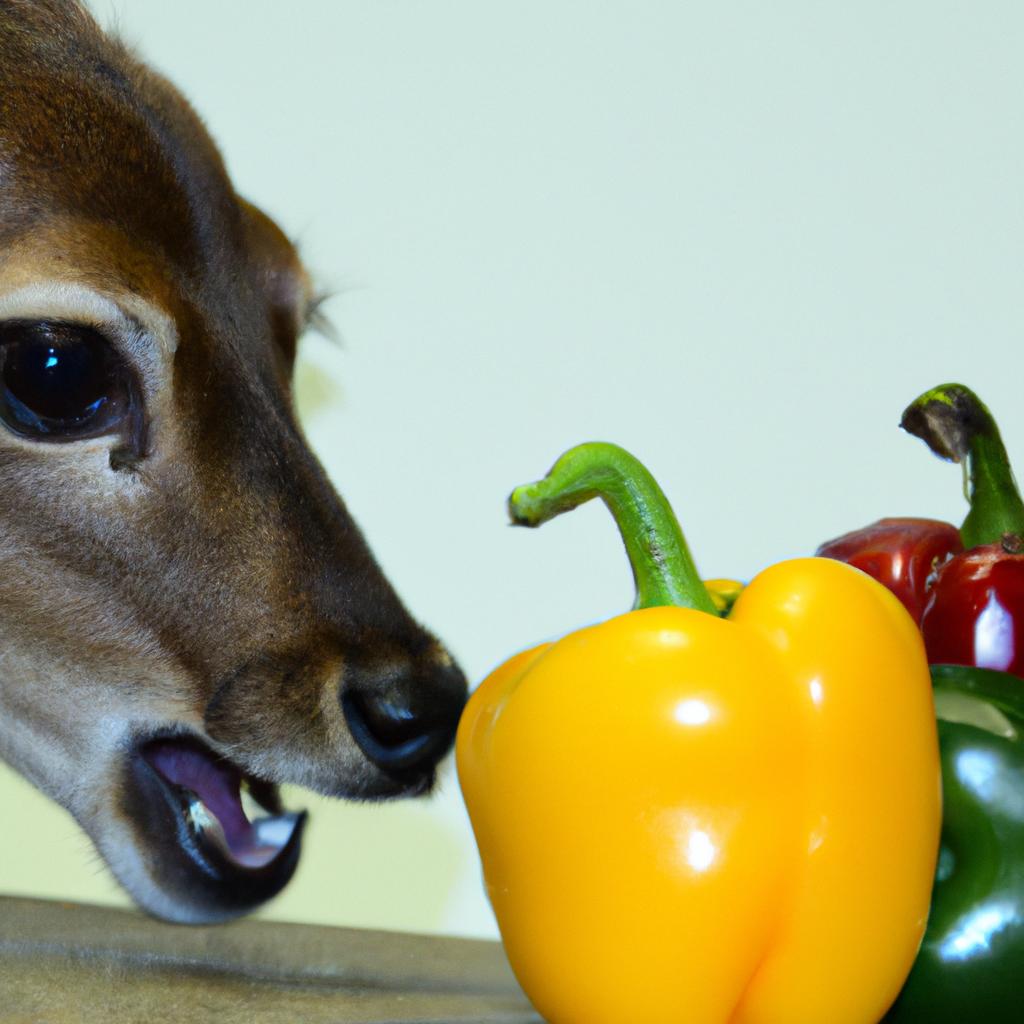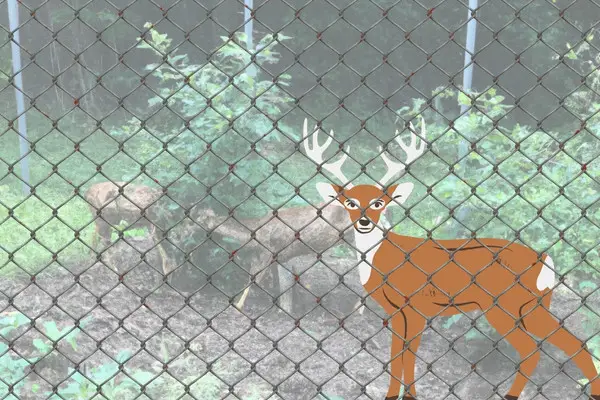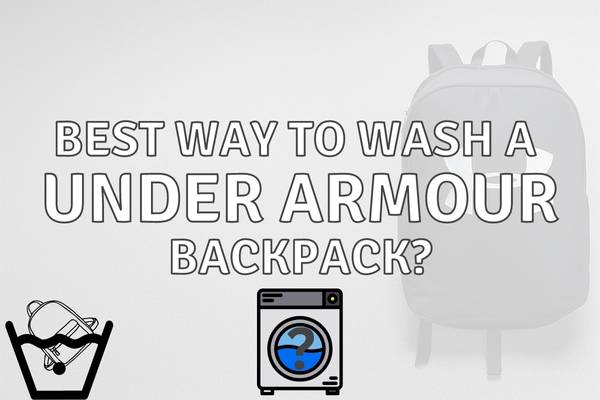As a gardener, it’s important to know which animals pose a threat to your plants. One of the animals that can cause damage to your garden is deer.
Deer are known to be selective eaters and tend to avoid plants with strong flavors or scents. While it is not common for deer to eat hot pepper plants due to their pungent taste and aroma, it is not entirely impossible.
Deer may sample or consume hot pepper plants if their preferred food sources are scarce or if they become accustomed to the taste.
To deter deer from eating your hot pepper plants, consider using physical barriers like fencing, or applying deer repellents containing strong odors or tastes. Keep in mind that deer feeding habits can vary depending on the region and availability of other food sources.
With their voracious appetite, deer can eat through an entire garden in a matter of hours. But do deer eat hot pepper plants?
In this blog post, we’ll explore the answer to this question and provide you with some insights into the eating habits of deer.
Yes, Deer Might Eat Your Hot Pepper Plants
Deer are known to eat a wide variety of plants, including hot pepper plants.
While they may not be their first choice, deer will eat hot pepper plants if they are hungry enough.

Hot pepper plants are not toxic to deer, so there is no reason why they wouldn’t eat them if they were available.
When Do Deer Eat Hot Pepper Plants?
Deer are most likely to eat hot pepper plants when other food sources are scarce.
During the winter months, when food is scarce, deer will eat almost anything they can find.
This includes hot pepper plants, which may be one of the only sources of food available to them.
How Do Deer Eat Hot Pepper Plants?
Deer typically eat hot pepper plants by nibbling on the leaves and stems.
They may also eat the peppers themselves if they are ripe and available.
Deer have a rough tongue that they use to strip the leaves from the stems, so you may notice jagged edges on the leaves of your pepper plants if deer have been eating them.
How Often Do Deer Eat Hot Pepper Plants?
Deer will eat hot pepper plants whenever they are hungry and the plants are available. However, if there are other food sources available, such as fruits and vegetables, they may not choose to eat the hot pepper plants.
It’s also worth noting that deer tend to avoid plants that have a strong odor or taste, so if your hot pepper plants are particularly spicy, they may be less likely to eat them.
Why Do Deer Eat Hot Pepper Plants?
Deer eat hot pepper plants for the same reason they eat any other plant – because they are hungry. Hot pepper plants are not toxic to deer, so there is no reason why they wouldn’t eat them if they were available.
However, it’s worth noting that hot pepper plants do contain capsaicin, which is what makes them spicy. Capsaicin can irritate the eyes and mouths of animals, so deer may not eat hot pepper plants if they are particularly spicy.
Implications for Backyard Owners
If you’re a backyard owner and you’re concerned about deer eating your hot pepper plants, there are a few things you can do. One option is to install a fence around your garden to keep deer out.
Another option is to plant your hot pepper plants in a location that is less accessible to deer, such as on a raised bed or in a container.
Other Animals That Might Eat Hot Pepper Plants
Animals might be attracted to various plants in your yard, including hot pepper plants. However, the capsaicin in hot peppers, which is the compound responsible for the burning sensation, acts as a natural deterrent for many pests. Yet, some animals might still be attracted to the plants themselves rather than the fruit. Here’s a list of potential animals that might eat or disturb hot pepper plants in your yard:
- Insects: Various insects can feed on pepper plants.
- Aphids: These small insects suck the sap from the plant.
- Whiteflies: They are similar to aphids in their feeding habits.
- Cutworms: These caterpillars might cut young plants at the base.
- Pepper weevils: They lay eggs in the fruit, and the larvae feed inside.
- Hornworms: Large caterpillars that can eat significant amounts of foliage.
- Mammals:
- Rabbits: They might eat the lower leaves or the young plants.
- Groundhogs or gophers: They might eat the plants and roots.
- Squirrels and chipmunks: Although not common, they might be curious enough to take a bite.
- Rats and mice: They might nibble on the fruit or plants, especially if other food sources are scarce.
- Birds: Birds are insensitive to capsaicin, which means they can eat hot peppers without feeling the burn.
- Many bird species might peck at the fruits, especially if they are bright in color.
- Some gardeners even use hot pepper to deter mammals from birdseed, knowing birds won’t be affected.
- Snails and Slugs: These gastropods might be found munching on the leaves of many plants, including hot peppers.
- Larger pests: Though less likely, animals like raccoons or opossums might disturb the plants or dig around them, more out of curiosity or by accident than for consumption.
To protect hot pepper plants or any plants in your garden from these pests, consider fencing, netting, natural repellents, companion planting, or using organic insecticides. Always research and choose methods that are humane, environmentally friendly, and appropriate for the specific pests you’re dealing with.
How Do I Protect My Yard From Deer?
There are several ways to prevent pests like deer from invading your backyard. I will go through my favorite methods here.
Many of these methods overlap with those used to deter groundhogs and gophers from a backyard, but the exact products and prioritized recommendations are different.
1. Motion-activated sprinklers
Like most animals, deer hate surprises, and they will run away if suddenly sprayed with water. I like this solution because it is humane, simple, effective, and does not require much time to set up and there are many models to choose from.
The Havahart 5277 is a motion-activated sprinkler that is activated by the movement of animals up to 25 feet away and sprays them with a harmless water jet, frightening them off and keeping them at bay.
The included metal stake makes it easy to install in your backyard, and the sprinkler can be rotated 180 degrees for maximum coverage.
These sprayers work particularly well for larger animals as they are easier to target and detect. They are also less prone to smaller stimuli but a splash of cold water is quite a substantial impact to them!
2. Ultrasonic Sound Emitters
Deer, as well as other animals that may invade your backyard, tend to have very good hearing. This means that loud or consistent noises will scare them away or at least shorten their visits significantly!
One of my favorite technologies to keep pests away from my backyard is these cool solar-powered ultrasonic sound emitters that you can buy right from Amazon!
In my experience, they really work, and the solar panels on top save you the time and money of changing batteries all the time.
3. Using Lights and Reflections
Deer are most active at dawn and dusk so they may avoid areas that have bright lights. Motion-activated lights, sounds, and sprinklers may help prevent deer from entering your yard.
Placing CDs or tin foil and mirrors around your yard is another cheap and effective way to create light reflections that blind and scare deer away from your tomatoes.
This may sound a little old-fashioned but it still works! The reflective surface of CDs or tin foil drives deer crazy and will make them seek away from your plants.
You can use old CDs you no longer need or aluminum trays from takeaway containers, just make sure they reflect light well.
If you have a lot of plants to protect this way, it may be a good idea to invest in some commercial mirrors or electronic light emitters like the ones shown above.
4. Build a Fence
The most obvious and practical solution to protecting your plants from deer is to install a fence around the patch. A fence should be at least 6 feet tall and sunk in the ground about 8 inches.

The best fencing material for this purpose is a cattle panel or hog panel as they are very sturdy and can withstand even quadruped animals such as goats, cows, and deer.
However, most chicken fencing types will do. This will be strong enough to stop them from getting through while still allowing for airflow and sunlight.
If you don’t like the idea of building a fence around your entire onion patch then you can try fencing off only the area that your onions, tomatoes, or zucchinis are in; this will at least keep some of the deer, groundhogs or gophers away from them.
5. Using Hot Pepper Or Garlic Spray
This is a good way to protect your vegetable plants or decorative flowers against pests such as gophers, rabbits, groundhogs, and deer. It will also protect your backyard against the neighbor’s cat that thinks it is fine to use your vegetable garden as a toilet.
You only need about 1 tablespoon of crushed chili pepper and garlic along with 1 cup of vinegar per half a gallon of water.
Spray this mixture on any exposed parts of the plant until completely covered. Make sure you reapply whenever rain washes away the spray.
6. Use Deer Deterring Companion Plants
Instead of making a tincture out of strongly smelling plants, you can also just plant the plants themselves!
Companion planting is a good way of deterring animals like deer from your garden. You can plant strong-smelling plants such as garlic, basil, lavender, and chives around your favorite vegetables.
These plants will keep animals like deer, gophers, and mice away because they don’t like the smell of these and they mask the smell of the delicious plants.
7. Use Deer Repellents
You can use some of the commercially available repellents to protect your vegetable plants against deer, gophers, and other animals eating your tomatoes.
You will need to be careful when using these though because some of them can end up harming you and your pets if not applied properly. Some of the commercial deer repellents available include Shake-Away, Bonide Repels All, Critter Ridder, and Tom Cate Repellent.
Green Screen is my favorite one as it comes in small bags that you place around your tomato plants. It is safe and easy to use with all edible plants in your garden!
Watch how Farmer Dean uses the Green Screen repellent to keep away deer from his tomatoes in this video:
## Conclusion
In conclusion, deer will eat hot pepper plants if they are hungry enough and the plants are available.
While hot pepper plants are not toxic to deer, they may be less likely to eat them if they are particularly spicy.
If you’re a backyard owner and you’re concerned about deer eating your hot pepper plants, there are a few things you can do to protect your plants.
By taking some simple precautions, you can enjoy a thriving garden without worrying about deer or other animals eating your hot pepper plants.


















